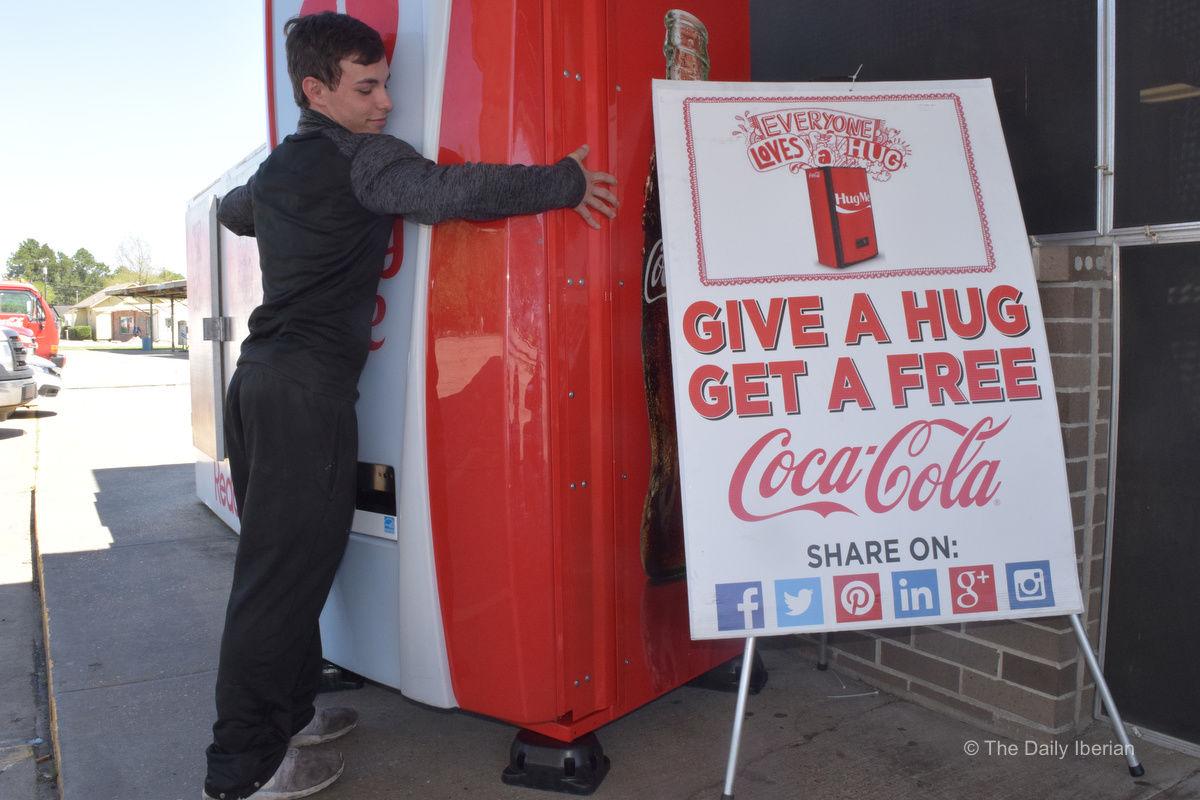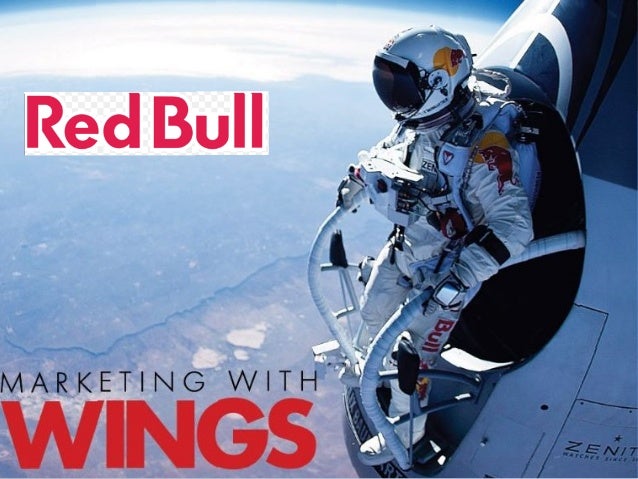Think about drinks. How many options do we have?
How do companies compete in such a competitive
market?
Example:
According to business insider, approximately 94% of
the world population is aware of the red & white logo of Coca-Cola.
How has Cola-Cola stayed ahead of the crowd?
Coca-Cola has focused on selling an abstract
positive concept such as happiness, family, and sharing, rather than
attempting to sell a drink.
Most of their marketing efforts are focused on the
experience and the lifestyle associated with its brand, rather than the soda.
Coca-Cola sells “happiness” in a bottle.

We find a similar strategy used
by Red Bull.
Red Bull's is NOT focused on promoting an energy drink, but on
creating a brand that represents the energy-packed lifestyle that their
audience loves.

So,
to answer your question, how do I compete with businesses that can offer
similar products/services at a lower cost?
You
need a differentiation strategy.
Stop focusing your sales effort
on the “commodity” you’re
trying to sell. Focus on what your product delivers to your customers, and make
this the focus of your marketing efforts.
Comments
Post a Comment